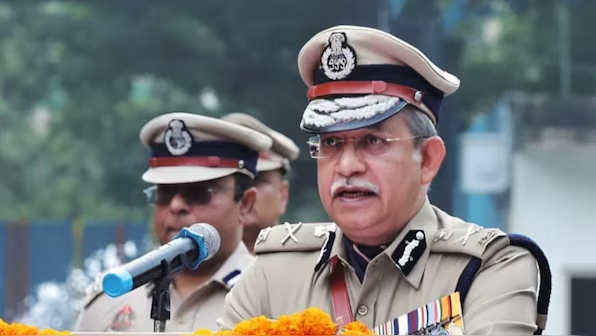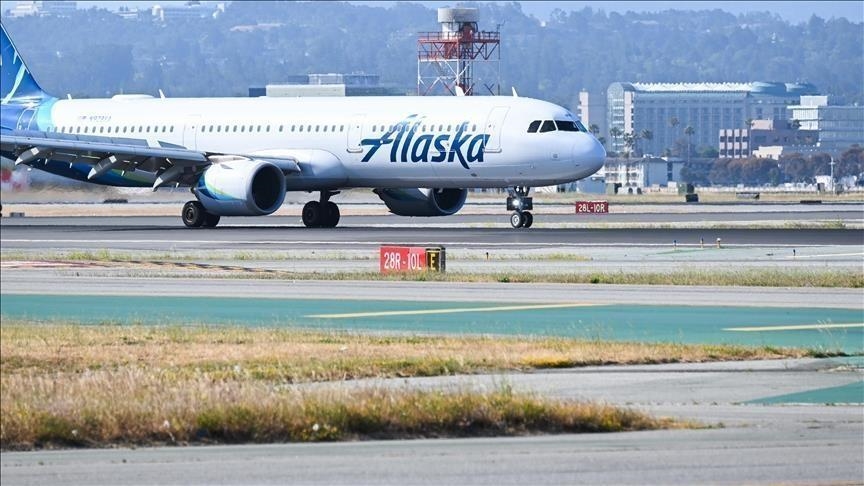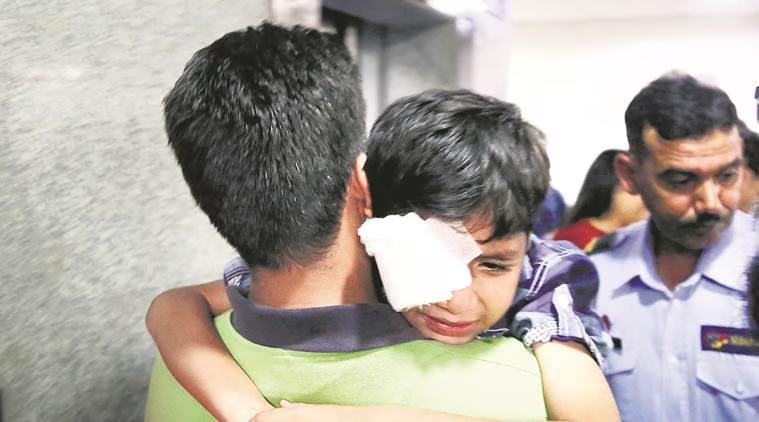Now Reading: New Delhi Police Chief Appointed After Attack on CM Rekha Gupta
-
01
New Delhi Police Chief Appointed After Attack on CM Rekha Gupta
New Delhi Police Chief Appointed After Attack on CM Rekha Gupta

A sudden security lapse led to a swift shake-up in Delhi. After Chief Minister Rekha Gupta was attacked during a public hearing, the Centre removed the acting Police Commissioner and appointed a seasoned officer to restore confidence.
Attack Sparks Urgent Response
During a Jan Sunwai event at her Civil Lines residence, Delhi CM Rekha Gupta was attacked by a man posing as a petitioner. In response, her security was upgraded to CRPF-provided Z-category protection, and a case was filed under attempted murder and related charges.
Leadership Changes in Delhi Police
Within 24 hours, the Ministry of Home Affairs appointed Satish Golcha—an experienced IPS officer from the 1992 batch—as the new Police Commissioner of Delhi. He replaced SBK Singh, who was holding the post temporarily following Sanjay Arora’s retirement.
Golcha has handled key roles before—including overseeing law and order during the northeast Delhi riots and leading various intelligence and prison departments. His appointment brings both administrative depth and crisis management experience.
Delhi CM Refuses to Step Back
Despite the incident, Gupta stood firm. She recalled overcoming a childhood fear of driving after an accident—an analogy for her resolve. She pledged to take her public hearings beyond her residence, announcing plans to conduct them in every assembly constituency instead.
What This Means for Tier-2 India
For people in smaller cities, this sequence of events resonates deeply. It shows how quickly policy, personnel, and security can shift when public figures are targeted. It also raises questions about transparency, preparedness, and the seriousness with which authorities respond to safety breaches.
Conclusion
The attack on CM Rekha Gupta triggered swift leadership changes, heightened security protocols, and a renewed commitment to public engagement. Within this unfolding scenario, not just Delhi but towns across India are being reminded of the ripple effects of such incidents—and how the system’s response defines public trust moving forward.

























